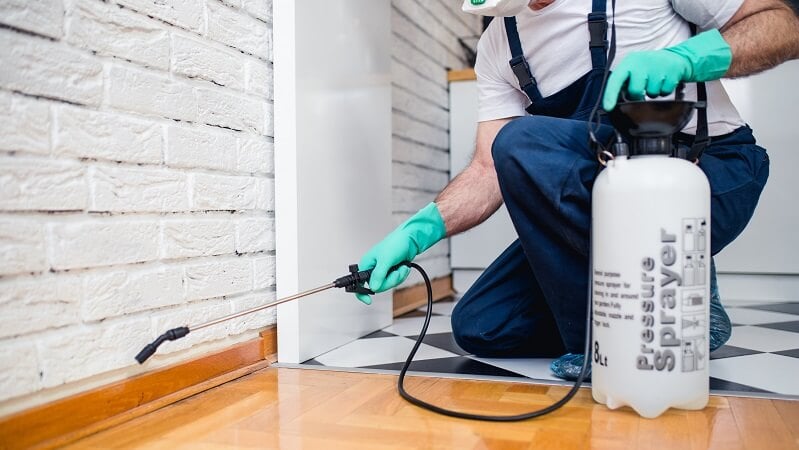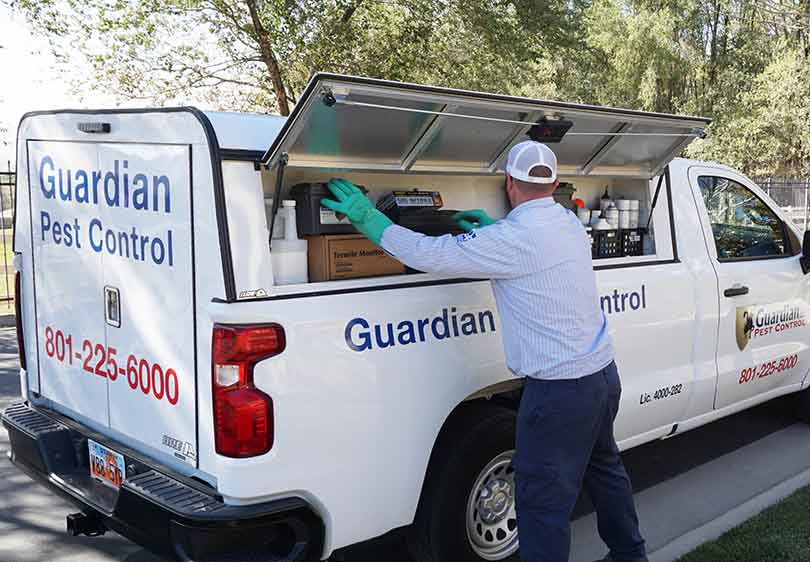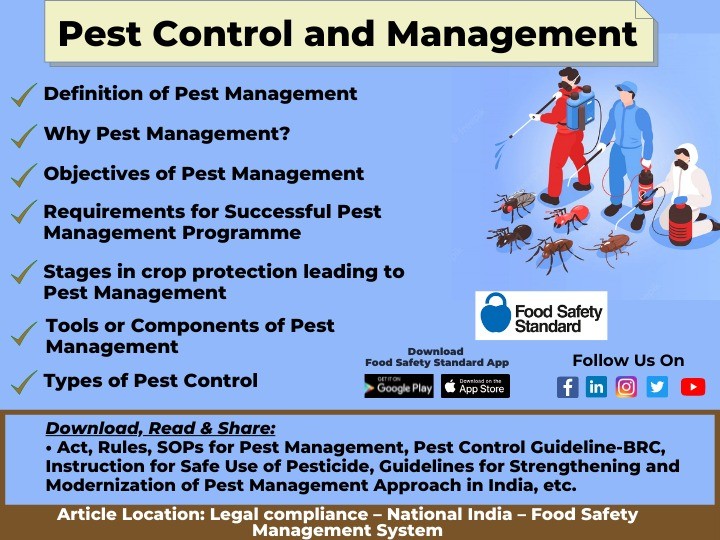The Basic Principles Of Pest Control
Pest Control for Beginners
Table of ContentsThe 10-Minute Rule for Pest ControlThe Only Guide to Pest ControlPest Control Things To Know Before You Get This

When using gentle pest control, companies need to adhere to the adhering to principles: The intended advantages and negative aspects should be made clear. It should only obtain accomplished if its goals can be met. The techniques that are most efficient in accomplishing the objectives of the insect control program ought to be utilized.
Humane insect control is a method to handling insects that highlights non-lethal methods to manage and stop invasions - Pest Control. A number of methods can be used in humane pest control, consisting of exemption, habitat modification, catches, and repellents. Exemption is a method used to avoid pests from getting in a home or structure by securing off all possible entrance factors
Exclusion is a vital method in humane parasite control due to the fact that it stops the requirement for dangerous bug control techniques by keeping parasites out to begin with. Environment adjustment is another strategy made use of in humane pest control. That entails making modifications to the setting to make it much less congenial to parasites.
The Main Principles Of Pest Control

These traps are baited with food or pheromones and capture pests safely and humanely. Repellents are another method utilized in humane parasite control.
Conduct a complete examination of your consumer's home, trying to find indications of bugs such as droppings, damages web link to frameworks, and discoveries of online bugs. Once they are determined, a humane insect control plan can be developed. Integrated Pest Management (IPM) is an approach to pest management that stresses multiple approaches to regulate and stop bug invasions.

These benefits consist of environmental advantages, possible expense savings for consumers over the long-term, and better track record management for parasite control companies that make use of humane additional hints techniques. One of the primary benefits of humane bug control is its positive ecological influence. Standard pest control techniques frequently count on damaging chemicals that can harm the setting and human health.
8 Easy Facts About Pest Control Shown

It can include up to significant expenses with time. Humane parasite control, on the other hand, highlights avoidance and recurring surveillance to keep a pest-free setting (Pest Control). Dealing with the source of parasite infestations and taking positive procedures to stop future infestations can reduce the demand for ongoing therapies and possibly conserve your customers cash in the lengthy term.
Below are several of one of the most usual concerns and responses regarding making insect control humane. Yes, humane pest control can be very reliable when applied appropriately. By resolving the source of insect infestations and taking proactive measures to stop future problems, gentle insect control can control pest populations without here are the findings counting on hazardous chemicals.
Nevertheless, over the long-term, humane parasite control can be more economical than standard techniques as it stresses avoidance and ongoing tracking to keep a pest-free environment. Yes, gentle pest control approaches can be used for a variety of pests, consisting of rats, bugs, and wild animals. Nevertheless, the specific techniques for wildlife elimination may vary depending upon the sort of parasite and the extent of the invasion - Pest Control.